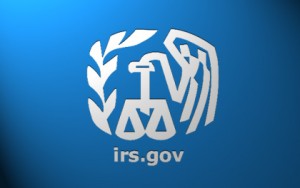One of the more worrying aspects of the Liberty Reserve takedown was the constant insistence by US authorities that Liberty Reserve was only a money laundering service with no legitimate use.
Regulators were very concerned with LR’s anonymity which was a serious draw to the service for many people. But what was likely an even bigger factor in LR’s success was its irreversible payments. This is a very important feature for businesses that are at risk of payment fraud or chargebacks, and it’s a feature that is not available in the current regulated financial system.
In the case of Liberty Reserve, It’s not the individual infractions committed by clients of Liberty Reserve that are worrisome to the regulators, it’s the fact that a semi-reliable platform for private payments existed in the first place.
Liberty Reserve provided a service that had a true market demand from legitimate business sectors and from non-criminals, notwithstanding the government’s claim that “virtually all” its business was illicit. If banks and traditional financial institutions still respected basic client privacy and facilitated some form of digital payments that did not always involve harmful reversibility to the merchants, then companies like Liberty Reserve wouldn’t even be necessary.
Read More about Liberty Reserve’s irreversibility was a legitimate and important service

